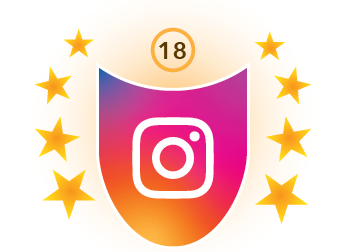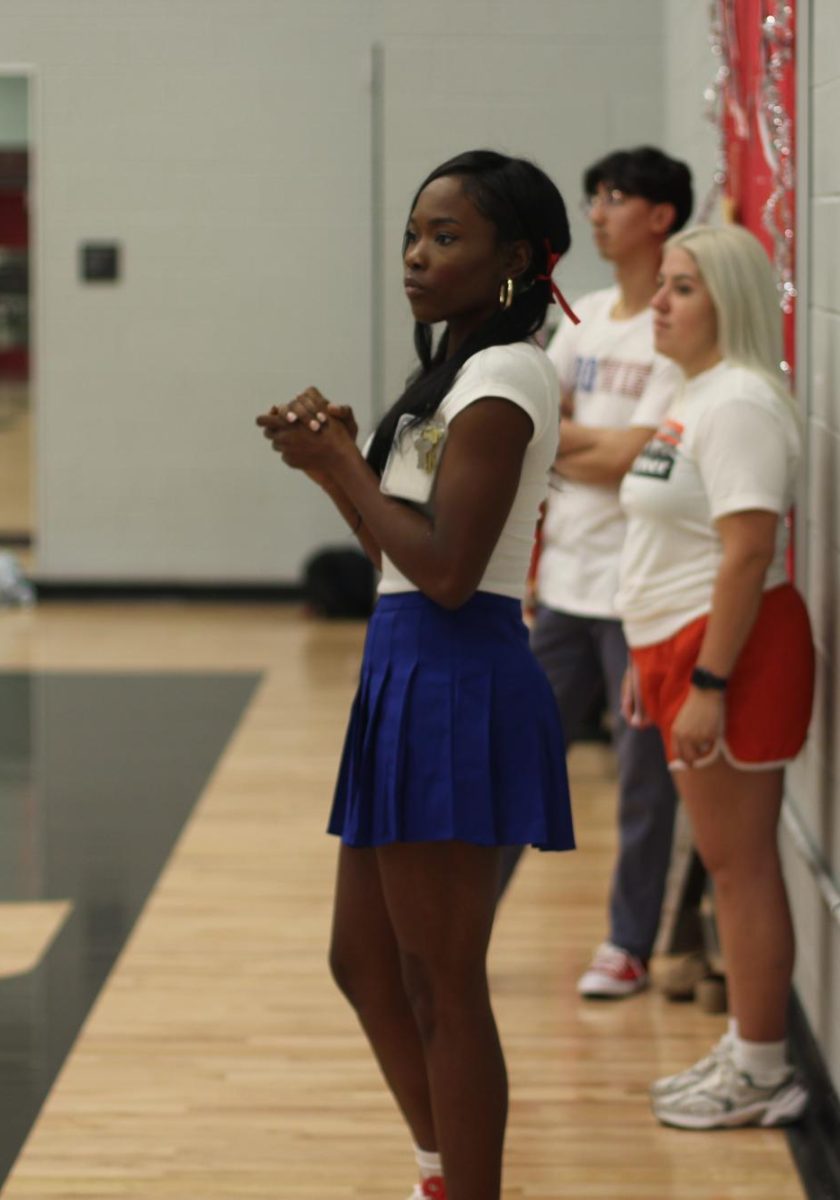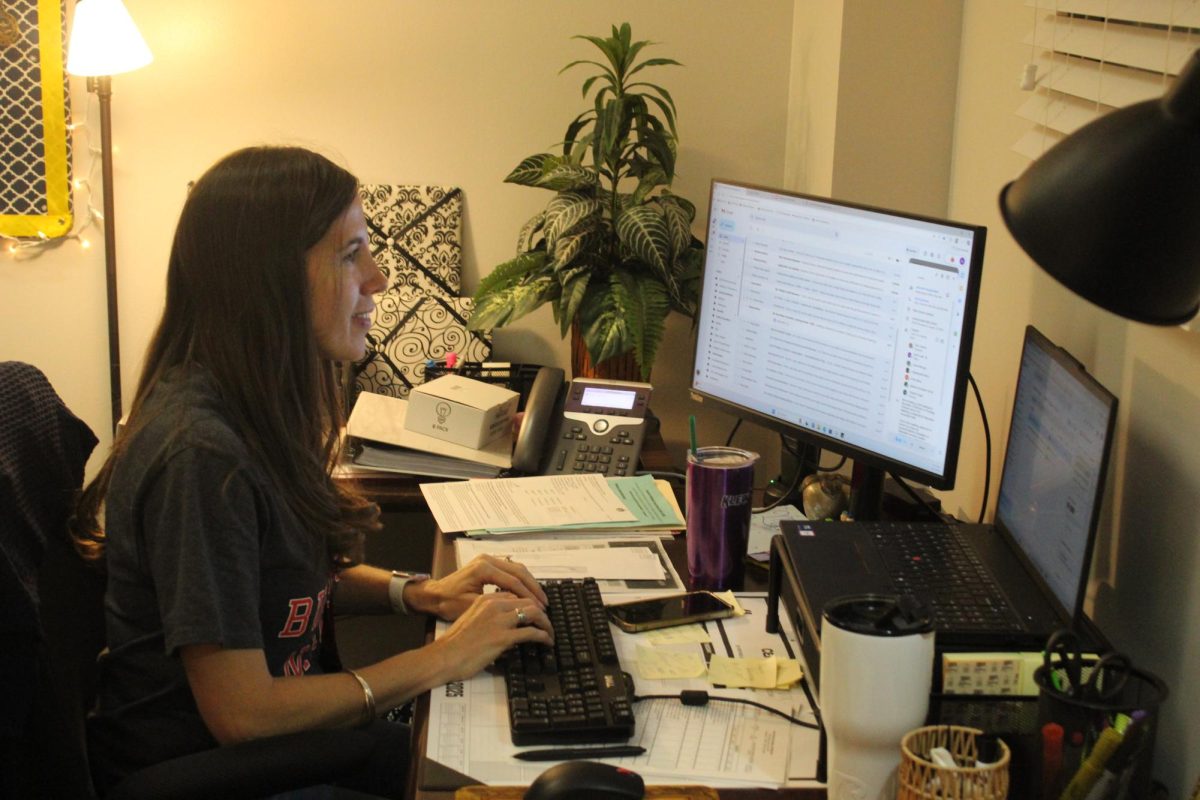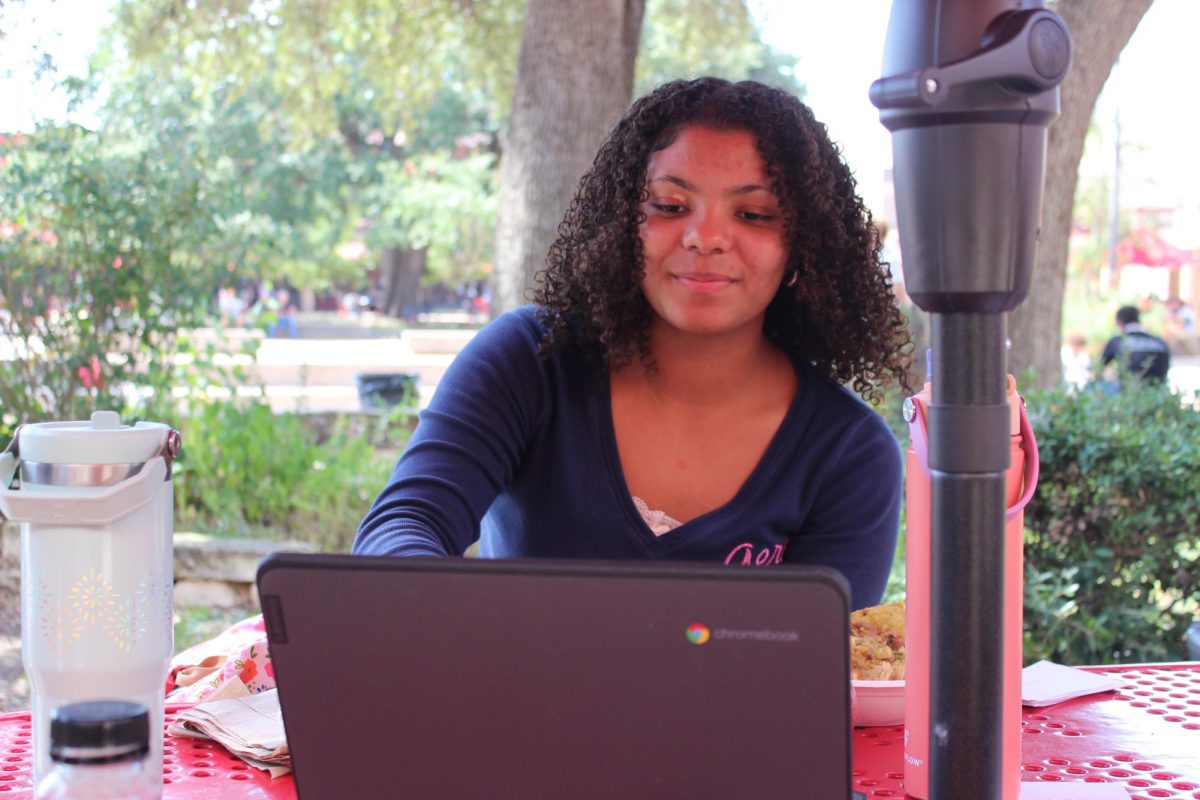Social media is an active part of teens’ lives all around the world. It allows them to communicate with their friends and to make new ones, find what interests them, and learn about recent or upcoming events. One of those many social media platforms is Instagram, which launched its very own teen accounts over a month ago on September 17.
According to Instagram, these accounts come with a different set of rules than regular Instagram accounts, including downtime, in which the app shuts off for the night and kids can’t access it, and an automatic block of offensive content among other rules geared specifically towards youth usage. Owner of both a regular Instagram account and a teen one, sophomore Tilley Wooten believes these teen accounts to be helpful when it comes to viewing content.

“A lot of what’s posted on social media can be very dark, and sometimes it’s not okay to see,” Wooten said. “Teen accounts I feel like are a safe space for teens because you don’t want to see all that on social media, all that dark stuff.”
Additionally, Bowie counselor Hunter Ruffin sees teen accounts as a way to protect students from predators and being preyed upon by people whose identity they aren’t aware of. He believes the use of teen accounts will prevent teenagers from being exploited in any way.
“There are a lot of predators on social media, people posing to be people they’re not,” Ruffin said. “And anything that we can do to protect kids from that, I think, is important.”
These protections, however, come with restrictions to make it possible for kids to stay safe. In addition to hiding offensive comments and automatic downtimes, and kids can’t be messaged by anyone they don’t know. Another prominent restriction is that parents, if parental control is enabled, have full control of a youth’s account and can see who they messaged over the past week, but not what the message said. BC calculus teacher Peyton Bobo found the restrictions to be reasonable for teens and is glad that students get some privacy when messaging.
“I don’t see any problems with any of those restrictions,” Bobo said. “And I like that parents can only see who teens are talking to and not the conversation.”
Ruffin makes note of how some restrictions are more geared towards emotional protection from predators, as well as from addiction. Ruffin found the restrictions that protect students from internet-oriented external threats to be the most crucial, such as limiting who they can message and who can message them.
“Limiting who can contact students, that’s the most important,” Ruffin said. “Because anytime we can put a barrier between a predator reaching out to students, that barrier is important.”
Furthermore, compared to the regular Instagram accounts, Wooten feels the teen accounts would be a good way to get kids accustomed to social media. Wooten also believes it to be helpful for teens to figure out who is their friend and who isn’t, and to keep away from negative environments in the process.
“Being introduced to social media can be very overwhelming,” Wooten said. “So, I think it would be helpful because you can find out who your friends are. You can be in a very positive environment, and I feel it won’t be as overwhelming because you don’t have to see all those bad comments and bad parts of social media.”
According to Bobo, whether or not someone is just getting into social media or has had it for a while, it can be distracting as well as overwhelming. He can see how it affects their time spent learning.
“Teens get distracted and just scroll,” Bobo said. “You just sit there and 40 minutes just went by and it didn’t feel that long, but 40 minutes did just go by, and you wasted time.”
Ruffin believes, despite the use of social media, the teen accounts are a good way to keep kids safe from being taken advantage of, and to prevent addictions. He also thinks that it wouldn’t be helpful if other social media platforms were to implement them as well, if they didn’t already.
“Instagram is not the media form where people will get taken advantage of and where these students develop these addictions,” Ruffin said. “So, I think it wouldn’t be a bad idea for other companies to move towards teen accounts that have some level of not just restrictions, but protection from outsiders.”
Even after having seen the differences between her regular account and her teen account, Wooten thinks of the teen accounts as a good way to enjoy social media in a positive and supportive environment. And even after she becomes an adult, a teen account is something she sees affecting her social media usage in the future.
“After I’m an adult, I’ll probably get away from that,” Wooten said. “But I’ll probably still have a private account, because I don’t want people knowing what I’m doing in my life. I feel that’s just very intrusive.”






